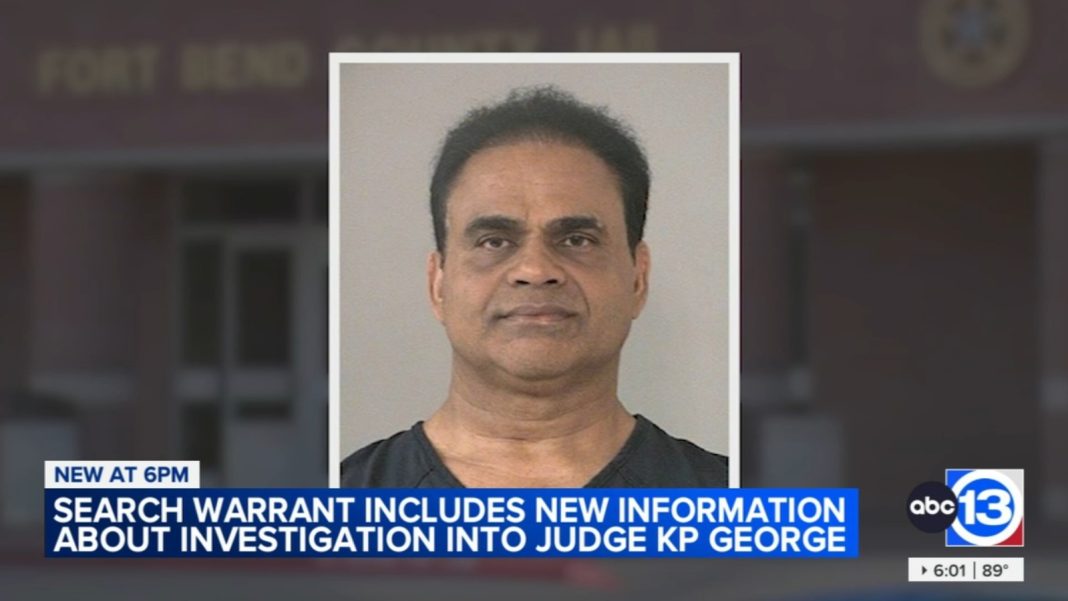As the political landscape heats up in the lead-up to the upcoming vice presidential debate, a critical layer of scrutiny is emerging: the necessity for fact-checking between candidates. The debate, which promises to be a pivotal moment in the election cycle, features two prominent figures—Vance and Walz—who represent distinct political ideologies and strategies.
In an era where misinformation can spread like wildfire, the role of fact-checking has never been more essential. Each candidate will not only present their policies and visions for the future but will also need to confront and challenge each other’s statements head-on. This dynamic is particularly important as voters increasingly express concerns about the authenticity and reliability of information presented during debates. A recent survey from the Pew Research Center indicates that over 70% of Americans believe that fact-checking is vital for understanding political discourse, underscoring the public’s demand for transparency and accountability.
Vance, known for his strong conservative stance, often emphasizes the need for economic reforms and a stringent immigration policy. On the other hand, Walz, representing a more progressive viewpoint, advocates for social equity and climate action. The juxtaposition of their platforms sets the stage for a debate that could not only influence undecided voters but also solidify the bases of both parties.
Political analysts suggest that this debate represents more than just a clash of personalities; it reflects a broader ideological battle that mirrors the national conversation. Experts argue that how each candidate handles fact-checking will be indicative of their readiness to lead. “Debates are more than just performances; they’re a test of a candidate’s ability to engage with opposition and defend their truth,” says Dr. Emily Carter, a political communications scholar. This sentiment echoes the importance of not only presenting facts but also effectively countering misinformation.
Moreover, the stakes are particularly high given the current political climate, where divisions seem to deepen with each passing day. The ability to fact-check in real-time could sway the opinions of undecided voters who are fatigued by partisan rhetoric and are seeking clarity. In an age where social media serves as both a platform for discourse and a breeding ground for falsehoods, voters are becoming more discerning and often look for validation of claims made during such high-stakes events.
A historical perspective reveals that past debates have often served as decisive turning points in elections. For instance, the 1960 Kennedy-Nixon debate is frequently cited as a moment that changed the public’s perception of candidates based on their ability to communicate effectively under pressure. As Vance and Walz prepare for their own face-off, the lessons from history loom large: clarity, composure, and the capacity to substantiate claims will be crucial.
In conclusion, as the debate approaches, the expectation for candidates to fact-check one another is not merely a matter of routine; it is a reflection of the electorate’s growing insistence on integrity in politics. With the nation watching closely, Vance and Walz will not only be vying for votes but also for the trust of a populace that yearns for authenticity in an increasingly complex political arena. Engaging in a robust exchange of ideas, grounded in factual accuracy, could very well be the key to winning over the hearts and minds of voters in this crucial election cycle.
